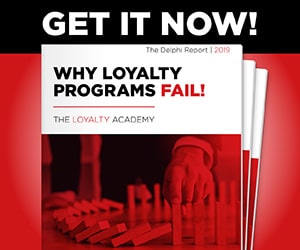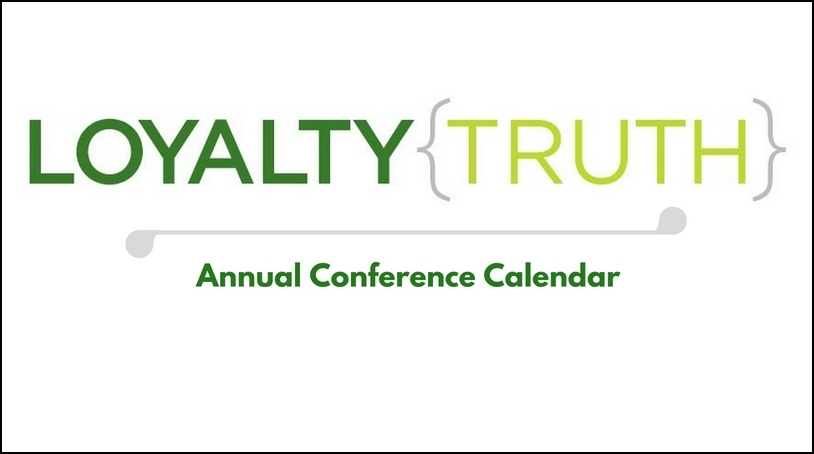How do you know when the disruptive force in a category is winning? Probably the most direct sign of progress is when players in the legacy industry being disrupted extend the olive branch of cooperation to the disruptor.
An article in Fast Company chronicles how boutique hotels and hostels are now listing their rooms on Airbnb. The attraction of the service might principally be the lower booking commissions charged (3% for Airbnb compared to as much as 25% for Expedia and Priceline), or it might be a sign that the Airbnb reservations engine is more powerful than any single site or otherwise boutique property can create on its own.
The willingness of hotel operators to list their inventory on Airbnb might also be related to brand appeal. Airbnb has created its own brand appeal to Millennials and others seeking alternatives to traditional hotel stays. Not only can travelers find unique properties for a stay, they also appreciate the flexibility of being able to find a room on the fly at a reasonable rate, a concept pioneered by Hotels.com (now owned by Expedia), HotelTonight, Kayak (now owned by Priceline) and others.
Today, there are so many ways to book a hotel room and the drivers of choice are expanding. While Marrriott, Starwood, IHG and others relied on branding, quality, consistency, and the appeal of their rewards programs in the past, new entrants are focusing on flexibility, control and price to win the attention of consumers. The emphasis on rewards program among disruptors is diminished at the moment, and the programs that are offered are not much more than digital punch cards hotel (e.g. Hotels.com Rewards).
One issue that is perplexing to many travellers and needs to be addressed by the industry is the unpredictability of room rates at a given moment. Event planners must be pulling their hair out over this one. We recently ran an event which offered a negotiated “discounted rate” to attendees. Many of the people attending reported they were able to find better rates at the same hotel through another online channel and one even landed a walk up rate that was about 40% off the negotiated rate.
The evolution of the hospitality reservation business is a great example of how consumer behaviors are driving change, literally leading the industry, rather than being led by strategic decisions from the C-Suite. This is notable news for anyone in business leadership today.




